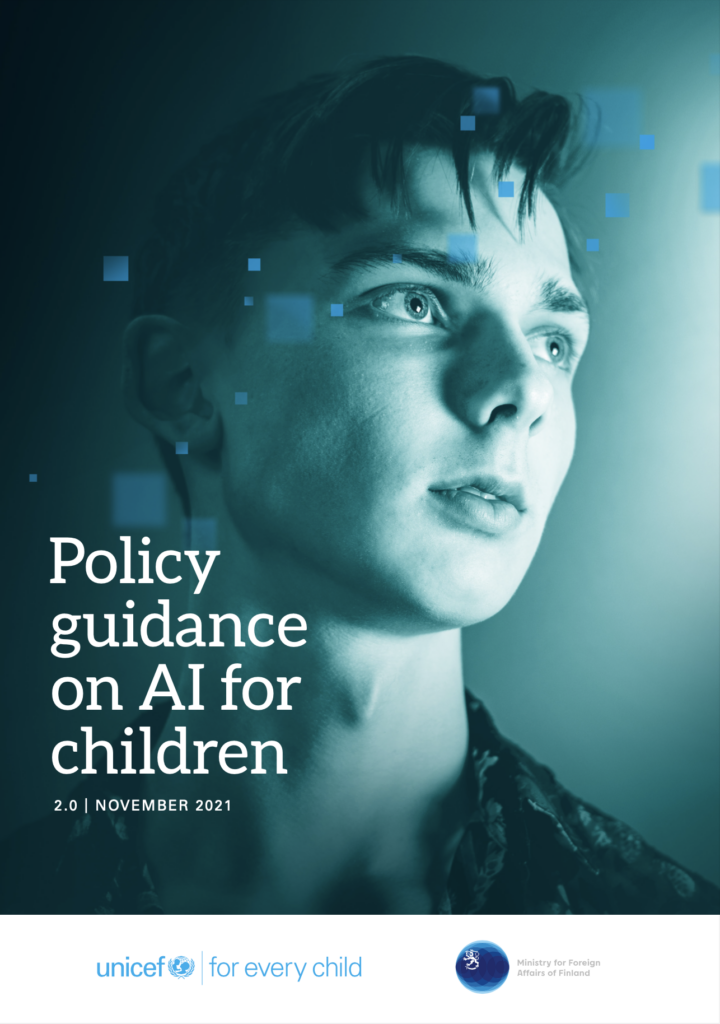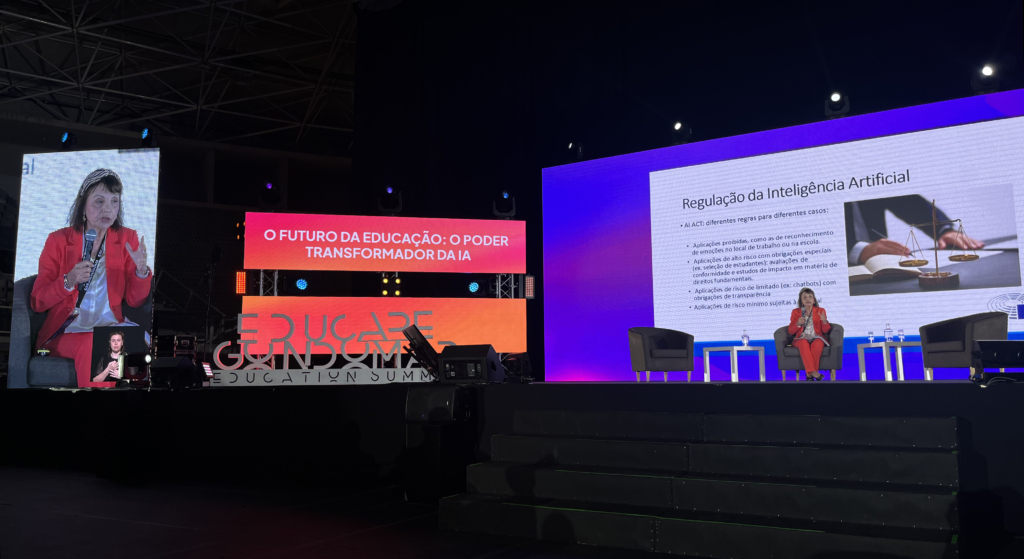With the 50th anniversary of the April Revolution in Portugal and the results of the elections, it is inevitable to reflect upon the role of the rule of law in protecting and promoting human rights, particularly those of children.
In 1986 Portugal took an important step in joining the European Community, and in 1989 world leaders made a historic commitment to the world’s children by adopting the United Nations Convention on the Rights of the Child (UNCRC), which has been in force since 1990. The document recognises children as subjects of rights and childhood as a special and protected period in which they should be able to grow, learn, play and participate in decisions that affect them.
The highly digitised world in which children live today presents new challenges to the rule of law. The rapid pace of technological innovation, globalisation and the complex implications of emerging technologies, in particular artificial intelligence (AI), make it difficult to create agile and effective regulations and require governments to take new courses of action to safeguard children’s fundamental rights.

UNICEF plays a key role in developing policy guidelines on technologies for children in collaboration with children themselves and experts. It has established recommendations in line with the UNCRC, aimed at governments and companies that develop, implement or use AI systems, on nine requirements, including the child’s perspective:
1 – Support children’s development and well-being
Let AI help me develop to my full potential.
2 – Ensure inclusion of and for children
Include me and those around me.
3 – Prioritize fairness and non-discrimination for children
AI must be for all children.
4 – Protect children’s data and privacy
Ensure my privacy in an AI world.
5 – Ensure safety for children
I need to be safe in the AI world.
6 – Provide transparency, explainability, and accountability for children
I need to know how AI impacts me. You need to be accountable for that.
7 – Empower governments and businesses with knowledge of AI and children’s rights
You must know what my rights are and uphold them.
8 – Prepare children for present and future developments in AI
If I am well prepared now, I can contribute to responsible AI for the future.
9 – Create an enabling environment
Make it possible for all to contribute to child-centred AI.

MEP Maria João Leitão Marques presenting the EU AI Act at the Educare Gondomar – Education Summit 2024 © Clara Vieira Rodrigues
The world’s first law is European (EU AI Act)
At the same time, the EU passed the world’s first AI law, a historic milestone resulting from a legislative process that began before the pandemic. A few days ago, at the “Educare Gondomar – Education Summit 2024” event, I had the opportunity to attend the presentation of the law by MEP Maria João Leitão Marques, who summarised the essential points of the 500-page document.
The document emphasises the fundamental rights of children, enshrined in the EU Charter of Fundamental Rights and the CRC, with regard to the digital environment, requiring them to be considered when assessing the impact of AI systems, providing protection and care necessary for well-being. The regulation focuses on the risk-based approach, and on applications incongruent with European values, including the specific protection of children’s rights prohibits some applications:
— emotional recognition in the classroom;
— smart toys that exploit children’s vulnerabilities;
— real-time biometric identification in public spaces;
— discriminatory selection systems, which have an impact on rights and also indirectly affect children.
The MEP clarified that the law bets on trust through literacy and knowledge of risk and that it is Europe’s position in defence of human rights. When asked by the audience if we would lag behind other countries, she clarified that technology is regulated in order to mitigate risks without creating barriers to innovation and recalled the “Brussels effect”, the EU’s influence on global regulations adopted by other countries, as has already happened in Japan and the US.
Uniting the efforts of technical experts, regulators and civil society by analysing and regulating “use cases” can guarantee beneficial, child-centred technological progress, safeguarding their fundamental rights in the digital environment, in the context of AI. She added that the protection of children’s fundamental rights is a central priority for the EU and that children will be the main concern for the next mandate.
This article was published in Portuguese in the newspaper PÚBLICO.
Links:
Convention on the Rights of the Child
UNICEF Policy guidance on AI for children
EU AI Act
and in our Resources page
